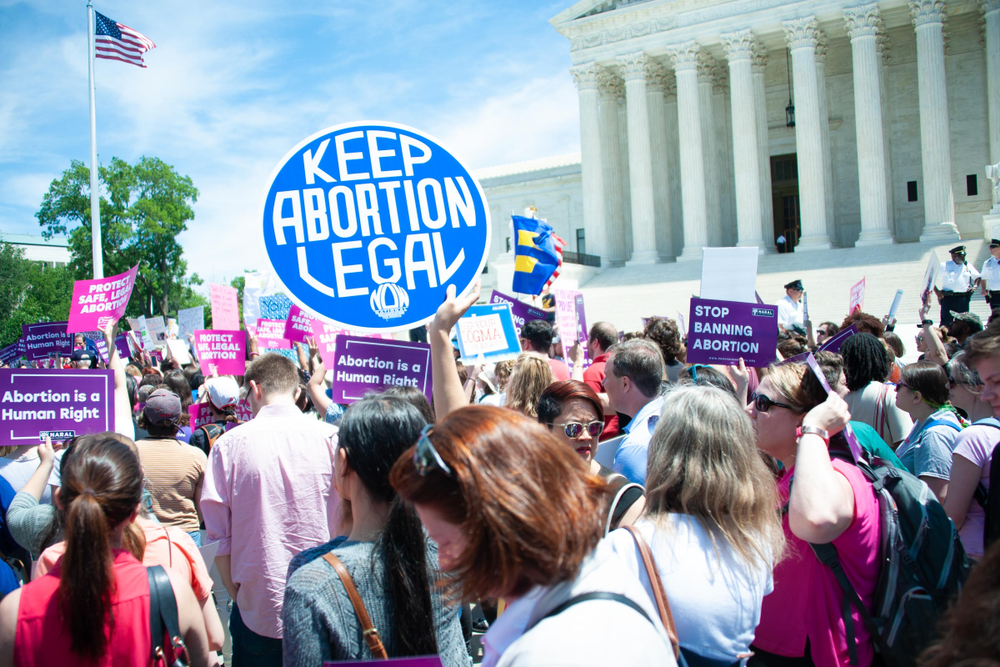South Carolina’s Supreme Court has recently upheld a newly enacted state law prohibiting abortion once fetal heart activity is detectable, typically around the sixth week of pregnancy. This decision comes after a similar ban had been blocked months prior. The 4-1 ruling determined that the state constitution’s protection against “unreasonable invasions of privacy” does not extend to a right to abortion. The court justified the law by deeming it a “reasonable policy decision” aligned with the state’s interest in protecting the unborn.
Governor Henry McMaster, a Republican, lauded the decision, stating, “With this victory, we protect the lives of countless unborn children and reaffirm South Carolina’s place as one of the most pro-life states in America.”
Planned Parenthood, a prominent reproductive healthcare organization that had challenged the law in court, refrained from immediate comment following the ruling.
See also: FDA’s Abortion Drug Access Expansion Faces Criticism from 5th Circuit, SCOTUS Decision Looms
The state legislature passed the contentious bill in May, primarily along party lines. Notably, all five women members of the state Senate, comprising three Republicans, a Democrat, and an independent, opposed the bill.
Time to fill a position? BCG Attorney Search can help you find the perfect candidate.
This newly enacted legislation emerged subsequent to the Supreme Court’s prior ruling in January, where a previous abortion law was struck down in a 3-2 vote. It’s important to note that the architect of that verdict, Justice Kaye Hearn, has since retired. In February, South Carolina’s Republican-led legislature appointed Justice Garrison Hill to replace Hearn on the five-member court. Justice Hill, who was instrumental in the recent decision, voted to uphold the new abortion ban.
Justice John Few also changed his stance, finding that the new law addressed gaps present in the previous one. This was achieved by providing a more comprehensive explanation of the legislature’s rationale behind the law and mandating health insurance plans to cover contraception.
Chief Justice Donald Beatty was the sole dissenter among the justices. He argued that the new law was equivalent to the previous one that the court invalidated. Justice Beatty contended that the court should have adhered to its earlier ruling.
The verdict’s impact is anticipated to be substantial, affecting both the general public and medical professionals across the state. Concerns have been raised regarding potential criminal penalties for practitioners and the potential denial of essential reproductive health care to women amid this period of legal uncertainty.
Don’t be a silent ninja! Let us know your thoughts in the comment section below.

